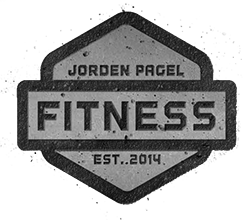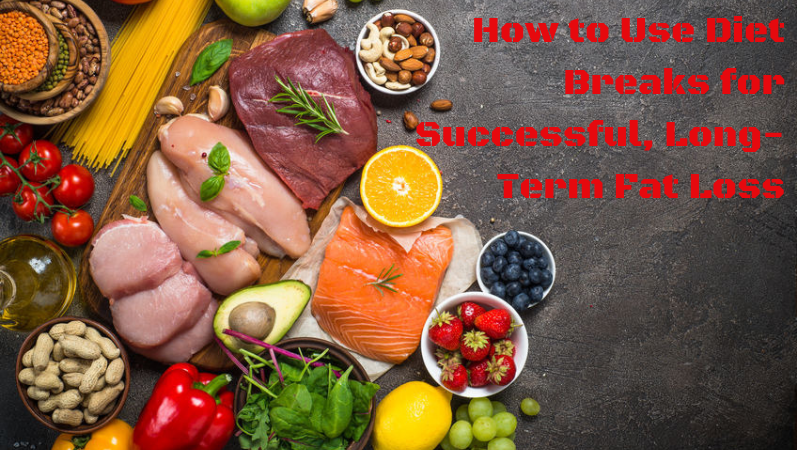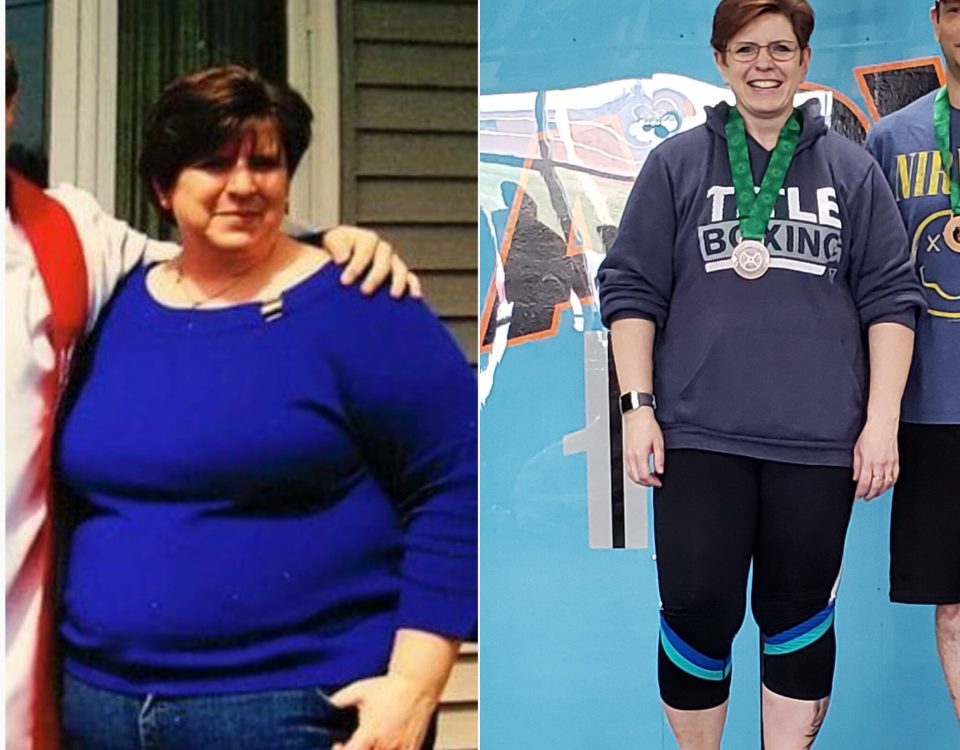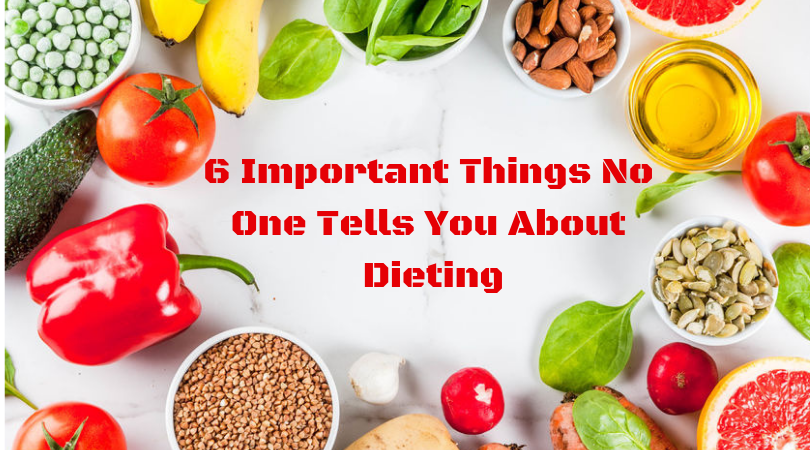An Alcoholic Guide to Drinking for Fat Loss, Muscle Gains, and Life
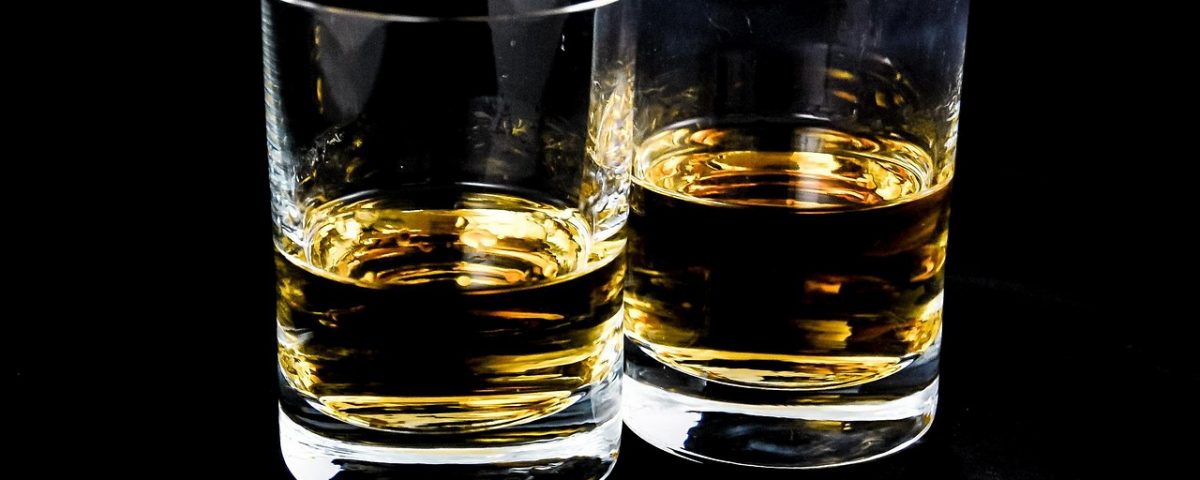
There are few things more engrained into our society than drinking. From a very young age we’re told to avoid it until we are “of age”, yet are constantly bombarded by advertisements, while seeing the party lifestyle glorified on TV and movies.
So it should come as no surprise then that those of us concerned with our health and physiques wonder how drinking fits into our fitness lifestyle. After all, if we can’t get our drink on and still reach our goals, it’s not worth it, right?
Over the course of my fitness journey, I have done everything from abstaining from alcohol for almost a year, to drinking nearly every day. And to be honest my results were not that dramatic one way or the other.
I don’t make it a point to go out of my way to drink every chance that I get, but I do enjoy an Old Fashioned or Manhattan at least once a week.
But for people out there who do enjoy drinking more often, yet still want to see progress towards their fitness goals, they want to know how drinking fits in. And it’s no surprise. There’s a lot of conflicting information out there when it comes to drinking and losing fat or building muscle.
Soooooo, this is my attempt to pull back the curtain a bit on how alcohol fits into the fitness grand scheme of things, and provide you a practical guide on how you can drink in moderation and still hit your goals.
Alcohol: A Primer
Believe it or not, alcohol is a macronutrient. In fact, it is the second most calorically dense macronutrient at 7 calories per gram. Unlike other macronutrients however, alcohol cannot be efficiently used by the body for fuel.
Once alcohol enters your system, the body immediately starts breaking it down by circulating it through the liver. Alcohol (or ethanol) gets broken down by the body into acetate.
Acetate is considered toxic, so rather than try to use it for fuel, the body will work to break it down as fast as possible, hence the high metabolic cost. The good news here is that this makes it almost impossible for the body to store alcohol calories as fat. We’ll talk about this more in a minute.
Potential Health Benefits of Alcohol
Even though it’s considered toxic by the body, moderate consumption of alcohol has shown to possibly have some health benefits.
A moderate level of alcohol consumption can be considered one drink per 40-50 pounds of bodyweight over the course of a night. A “drink” is equivalent to:
- One 12oz beer
- 1.5oz of liquor
- 4oz of wine
Now about those health benefits I mentioned…
First off, moderate consumption of alcohol has been show to help improve insulin sensitivity. This is good because being more sensitive to insulin means your body is better able to handle carbs.
Light and moderate drinkers also seem to be less at risk for developing type-2 diabetes, Alzeihmers disease, and depression. Unsurprisingly – and likely related – moderate drinkers tend to live longer than non-drinkers.
Potential Health Hazards of Alcohol
Most of the health risks associated with alcohol come from habitually heavy or binge drinking. Like anything, the poison is in the dose. Heavy drinking is considered 15 or more drinks per week for men, and 8 for women while binge drinking is considered as having 5 drinks or more in a single occasion for men, and 4 for women.
Chronic binge and heavy drinking can lead to high blood pressure, stroke, heart and liver disease, certain types of cancers, cognitive and mental health issues, and of course alcohol dependence and alcoholism.
While we all have those times where we like to throw a few (or several) back, doing this too often can lead to a whole host of health issues, not to mention severely hinder our physique and performance goals.
Alcohol and Fat Loss
Like I mentioned above, the body actually stores little-to-none of the calories you consume from alcohol as fat. What does happen however, is that once alcohol enters your system it signals the body to stop burning stored energy until all the alcohol has been processed. This not only means that the body will stop burning stored fat, but any new energy that enters your system will be stored and not burned as well
Basically, alcohol suppresses fat burning.
It is important to remember though that calories are still king, and that drinking will not make you fat unless you are in a caloric surplus. The association between drinking and fat gain comes more from the fact that drinking often leads to consuming more food than you normally would, due to being wasted and all.
It does appear however, that when you replace calories from carbs and fat with calories from alcohol, fat does not get stored. This is due to the high metabolic cost of alcohol, and the body’s preference for burning it off rather than storing it.
What this means is that 500 calories from carbs or fat is not the same as 500 calories from alcohol. Almost all of the alcohol calories will be burned off every time, where as the carbs and fat are more likely to be stored, depending on your caloric intake and expenditure. In fact, subbing carbs or fat for alcohol could actually lead to slightly more fat burning, although this is not optimal for overall health and performance.
We’ll talk about this more later when we discuss strategies for drinking and still losing fat.
Muscle Building, Performance, and Recovery
When it comes to building muscle – just like losing fat – calories are king. And also like fat loss, the effects of alcohol on muscle building are not quite clear.
Yes, chronic or binge drinking does impair muscle protein synthesis (the body’s ability to repair and grow muscle). HOWEVER, moderate alcohol consumption does not appear to have the same effect.
Similarly, it appears that moderate alcohol consumption does not impair exercise performance or recovery. Again however, anything over a moderate intake is going to start having negative effects.
Why Drink?
Before we get into tips for drinking and not hindering your progress, it’s important to establish why we drink. Alcohol consumption is not essential for our health and survival, and often the reason most of us choose to drink has to do with the social aspect.
Drinking has been engrained in our society to go hand-in-hand with socializing…to the point where if we’re not drinking at a social event, we often feel out of place, or judged.
First off, choosing to consume alcohol is your choice. If you don’t want to, you don’t have to. And anyone who makes you feel otherwise is not only a dick, but clearly insecure about themselves.
But if you do want to drink, that’s great. There’s nothing wrong with that, as long as it’s done the right way, and for the right reasons.
If you want to drink because you like the taste, like the feeling of getting drunk, want to be social, or just relax at the end of the day, then by all means drink.
However, if you rely on alcohol to escape your problems, deal with stress or depression, or you can’t get drunk without becoming an asshole, you probably shouldn’t drink. In fact, if this is the case, alcohol is probably the last thing you need.
We all have those times where we’re going to throw down, and consume way more drinks than we should. And that’s okay sometimes. But making a regular habit of it is a recipe for disaster.
The key to getting the most enjoyment out of drinking without any of the negative side effects is to learn how to drink moderately and not let alcohol be the focus. When you put too much focus on alcohol as the reason that you’re going out with friends, or any other event where drinking is involved, you stop being present in the moment.
If you want to go out with friends, or come home after a day of work and have a few drinks, great. But don’t make alcohol the focus, because it takes away from your ability to enjoy the moment. If you’re out with friends or at home at night with your significant other, THAT is what you should be focusing on, and how much you have to drink should not impact your ability to enjoy these situations.
If it does, you’re placing too much emphasis on alcohol, and not what’s really important.
Drinking is great, and it’s fun, but when you rely too much on alcohol to help determine your ability to enjoy a situation, drinking stops becoming a good thing, and can start becoming a problem. Learn how to drink moderately, and enjoy each moment, and you’ll always have a good time.
Your Drink-and-Stay-Fit Tips
Tip #1 – If you’re having more than 2 drinks, stick to lower calorie choices
Drinks like beer and wine are great if you only plan on having 1-2 drinks, but any more than that and you should stick to hard liquor with zero calorie mixers.
Because of the added carbs in beer and wine, these are going to be higher in calories than other alcoholic beverages. Most hard liquors don’t contain any added carbs, so they are going to be lower calorie and better options if you plan on having more than a few drinks.
Tip #2 – Account for alcohol calories
While we know that alcohol calories cannot be stored as fat, they still count, and the body will prioritize the burning of these calories over everything else. That means that once alcohol enters your system, the burning of everything else stops. This also means that if your alcohol calories push you into a surplus, you can end up gaining fat.
The best way to account for alcohol is to decrease your intake of dietary fat on days you plan to be drinking. Fat is the most calorically dense of all the macronutrients so it will give you the most room, but also the body has a much easier time storing fat as than it does carbs. The body would much rather take excess carbs to use as fuel, and store the excess fat.
It’s important to remember however, that you won’t gain fat from drinking unless you are in a calorie surplus. If you’re drinking and still in a deficit, you’ll be fine.
Tip #3 – Avoid 4th meal
This is where most of the belief that alcohol causes fat gain comes from…after-bar eating. If you do plan on eating after drinking, first make sure you save calories.
And if you are going to eat after drinking, your best option would be to make something at home. Not only are these options typically going to be lower calorie than hitting IHOP or Taco Bell, but it will also take you longer to make, meaning you won’t eat as much.
Tip #4 – Moderation
We’ve already talked about this a lot, but it’s important to reiterate because it’s key to drinking while maintaining your progress.
Moderate drinking over the course of an evening or event will put you right in the sweet spot of getting all the benefits of alcohol, with none of the drawbacks.
Tip #5 – Fill up on protein and veggies
If you know you’re going out drinking in the evening, prioritize your lean proteins and veggies during the day. This will help you stay fuller later in the day, and lead to less late night snacking.
Tip #6 – You have to make a choice
While moderate drinking doesn’t seem to impair workout performance or recovery, binge drinking does. So if you do have a night where you plan on throwing down, you have a choice to make: Do you want to sacrifice performance, or recovery?
If you have a workout planned around when you’ll be drinking, you have to decide if you want to have a shitty workout, or shitty recovery. If you drink the night before your workout, you’re going to have shitty performance. But if you train early in the day, and then start drinking, you’re going to have shitty recovery.
It’s a trade-off that needs to be made when you make binge drinking a priority. Again, this is why it’s often best to opt for moderation, but that isn’t always going to be the case.
Wrapping Up
Drinking and staying in shape is probably one of the more confusing subjects when it comes to fitness, so let’s break down what you need to know:
- Moderate consumption of alcohol (2-5 drinks) seems to be the sweet spot to getting all the benefits with none of the drawbacks.
- It’s almost impossible for alcohol to be stored as fat, but it does suppress fat burning.
- If you’re drinking, and still in a deficit, you won’t gain fat.
- Moderate drinking does not appear to impair muscle growth and recovery. Binge drinking does.
- Above all, drink for the right reasons. Don’t place too much importance on alcohol. Let it compliment your situation, not control it.
Alcohol is another one of those things, that when used correctly, can definitely make life more enjoyable, and fun. When not used correctly however, or abused, not only can it hurt your fitness progress, it can also negatively impact not just your life, but the lives of those around you.
Train hard. Drink responsibly.
Further Reading: How to Drink Without Compromising Your Progress
